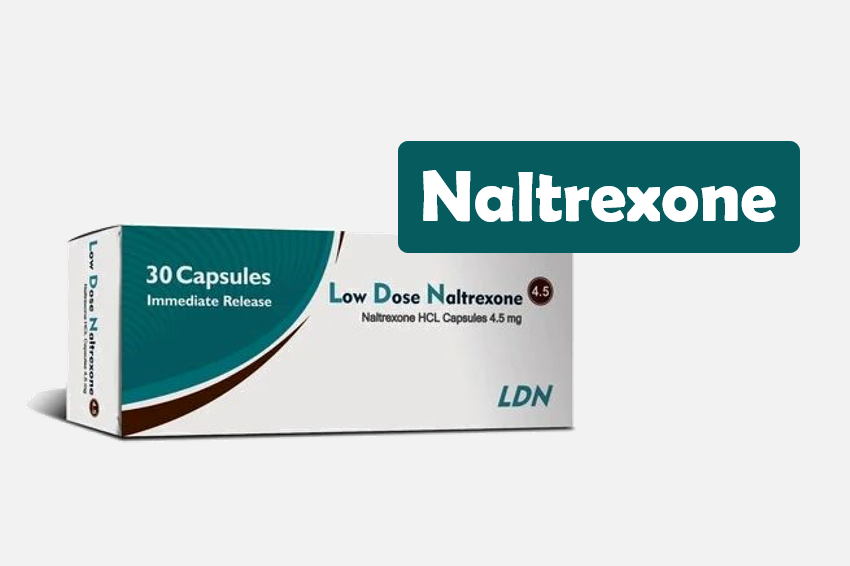Chronic pain can cripple a person and increase their risk for depression. Trying to combat chronic pain has developed medications and surgery that help… for a time, but they often come with horrible side effects that can make the pain seem like a better alternative.
So what can you do when conventional medicine is no longer working? What other alternatives are out there to help sufferers of chronic pain deal with their conditions? Here are a few of the options out there that you might want to consider.
Marijuana
Only in recent years has the medical community started taking into account the benefits that CBD found in marijuana can offer. There is strong evidence that it has a profound effect on certain types of nerve pain, including the pain that is a result of chemotherapy in treating cancer. It may not be a bad idea to go out and buy CBD gummies and edibles online to provide some amount of relief in the meantime, but it’s always a good idea to seek the advice of a medical professional first before you do so.
Going to a Chiropractor
The practice of chiropractic “medicine” has always been treated with some amount of suspicion, though there are still some people who praise the benefits they experience from treatments. It mainly focuses on pain related to the back and certain areas of limbs, but it’s not a foolproof method for all types of chronic pain.
Acupuncture
This practice has become more popular over the years and involves the insertion of very fine needles into the body in order to relieve pain. Some people have said that after a few sessions of acupuncture, they’ve experienced relief from their fibromyalgia, back injuries, and osteoarthritis. No one is really sure how it works, but many believe that the needles help to block pain signals from being transmitted through the nerves.
Therapy
Studies have shown that depression and chronic pain go hand in hand, so speaking to a therapist to help deal with the mental health aspect can help to alleviate the chronic pain portion. Cognitive-behavioral therapy has worked wonders for people, as it helps people to identify their thought and behaviour patterns, and then change them over time to improve their overall happiness.
Exercise
This isn’t to say that you should engage in heavy exercise when you’re experiencing pain. But mild exercise, such as going for a simple walk, has been shown to provide some benefits for chronic pain. It boots energy and mood levels too, which can give you a better approach to pain management. Speak with a doctor first to see what exercises would work best for you and which ones you should avoid.
Alternative treatments offer a way out of being stuck with prescriptions that often have less effective over time when dealing with your pain. Consider speaking to your doctor or medical professional to see if there are any alternatives that would suit your lifestyle best.




